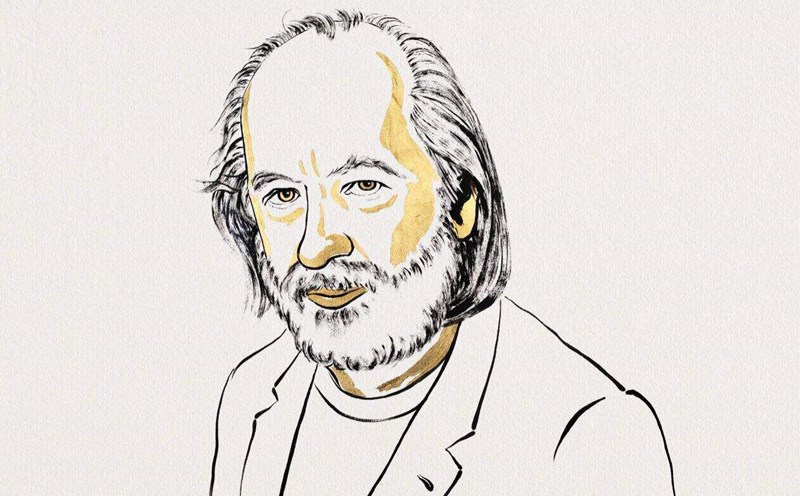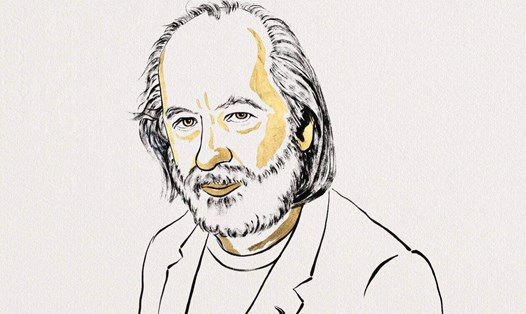Their work explains how technology creates new products and production methods to replace old ones, thereby improving people's lives, health and quality of life.
Over the past two centuries, for the first time in history, the world has seen sustainable economic growth, helping billions of people escape poverty and laying the foundation for our prosperity, the Royal Swedish Academy of Sciences, the award-giving unit, said in a statement.
The Academy stressed that this progress cannot be seen as obvious, while two of the award-winning economists have warned that US President Donald Trump's trade policy could hurt growth.
Economic stagnation, not growth, has been common for much of human history. Their work shows that we must be aware of and deal with threats to long-term growth, the statement said.
Although the majority of economists consider growth as the driving force of prosperity, some do not consider it an absolute benefit.
The 2024 Nobel Prize in Economics has been awarded to three other scientists, including Daron Acemoglu, Simon Johnson and James Robinson, for their research on inequality. In particular, Mr. Simon Johnson especially emphasized the benefits of technological innovation that can leaning towards the elite of power.
There is still much debate over which growth rate is sustainable in the context of climate change and human-caused environmental degradation.
This year's prestigious award was awarded on October 13, officially the Economic Science Award of the Central Bank of Sweden commemorating Alfred Nobel, the last award announced in the year, worth 11 million Swedish Krona (about 1.2 million USD).
Professor Joel Mokyr - Northwestern University (USA) received half of the award. Professor Philippe Aghion, college de France, INSEAD (Paris) and the London School of Economics and Politics (LSE), along with Professor Peter Howitt, Brown University (USA), shared the remaining half.











